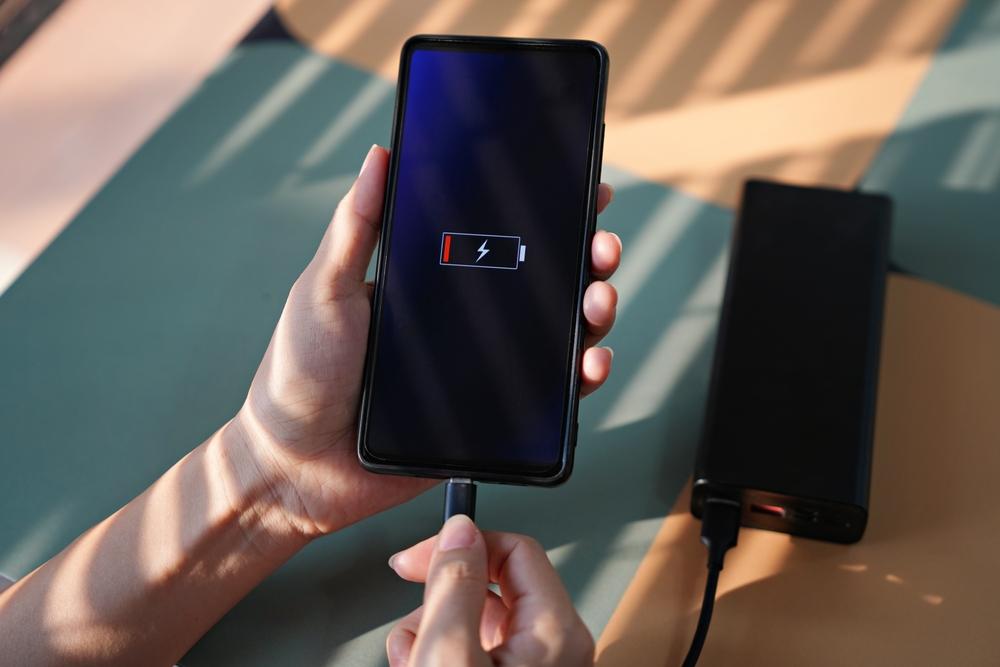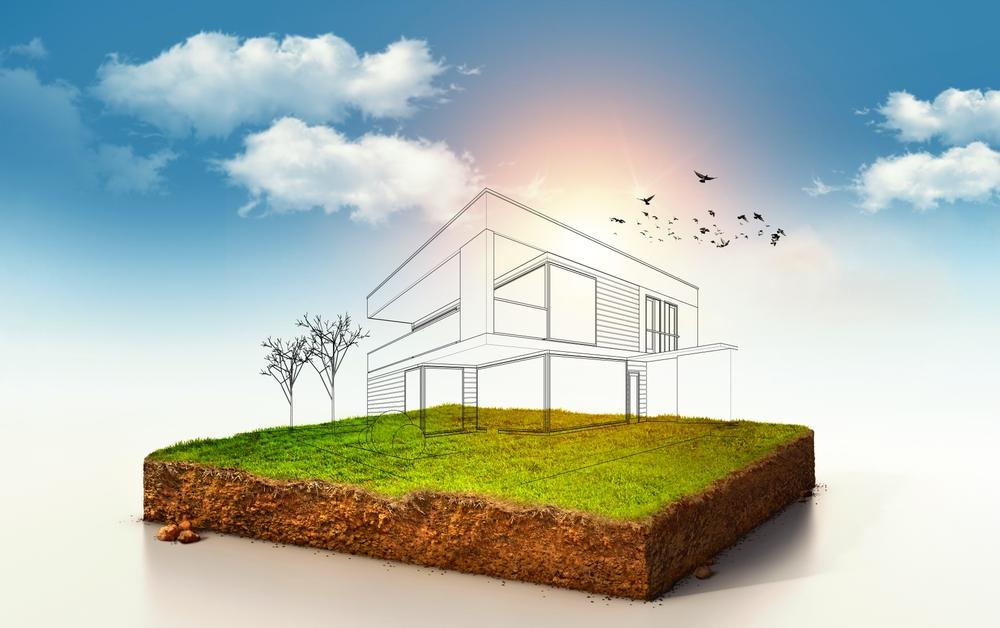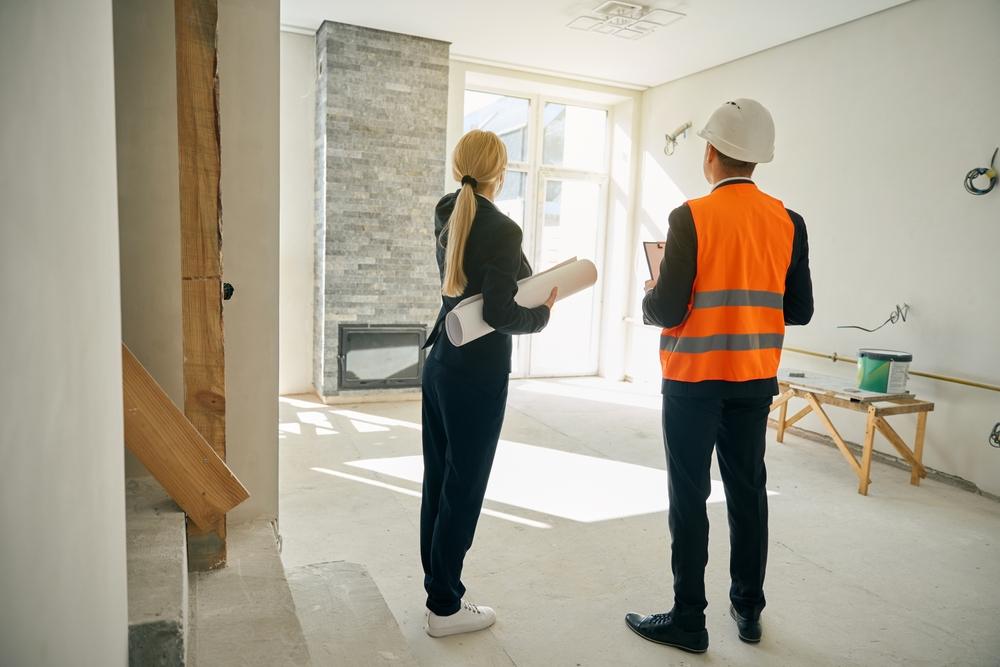Low Income Housing

Everyone deserves to have a roof over their head. But with the increasing costs of rent around the country, affording a place to rent is harder than ever for some. Financially-strapped people across the country are living paycheck to paycheck and cutting down on basic necessities just to pay their rent. If you can relate to this, then you should definitely be looking into getting a low-income house. These houses are given to people whose finances prevent them or make it hard to rent a house/apartment.
Types of Low-Income Homes
There are generally two types of low-income homes; Section 8 and Public Housing. Section 8 is a program that helps you pay for a rental unit that accepts the Section 8 program. This program takes a look at your finances to see what you can afford per month for rent. In Section 8 programs, you generally pay around 30 to 40 percent of the total rent. From there, the program sends out vouchers monthly to pay off the rest of the rent. Every year, you will have to update your income to check your eligibility and the amount you will pay for rent.
Public houses are units that are managed by either the city or local housing authority (LHA). These houses are generally much cheaper than the prices of other apartments priced in the area. Unlike apartments, these homes are uniquely priced according to your income and other factors the LHA looks at. You would pay anywhere from 30 to 40 percent of your income a month on rent.
How to Apply
In order to apply for either of these programs, you need to first find out what counts as low income in your city. You can do this by looking online or by calling your LHA. If you are in the bracket, your next step is to show proof of your income to your LHA. This can be done through showing tax returns, pay stubs, or invoices. Again, check with your LHA for what is accepted. If accepted, you will be given a voucher and you can look for apartments that accept the Section 8 program. If you were accepted into public housing, you already have a place set for you and do not need to search for an apartment.
Things You Should Be Wary Of
The process may seem straightforward but a lot of times it is anything but that. Many times, the process is time-consuming. When applying, you are usually put on a waiting list. Depending on the city and the size of the list, it can take months or even years before you get a call back from the LHA. The situation you are in can affect where you place on the list. For example, if you are homeless or displaced you would generally place higher on the list than others. Also, many people have been rejected due to past evictions or criminal history. Outside of your finances, the LHA generally takes other factors into consideration such as evictions, citizenship status, criminal history, and family size when screening candidates. Violent criminals and undocumented immigrants are automatically declined in many cases, but can vary according to the city/state you apply in. Despite the rocky process, don't let any of this deter you from applying if you absolutely need it.











